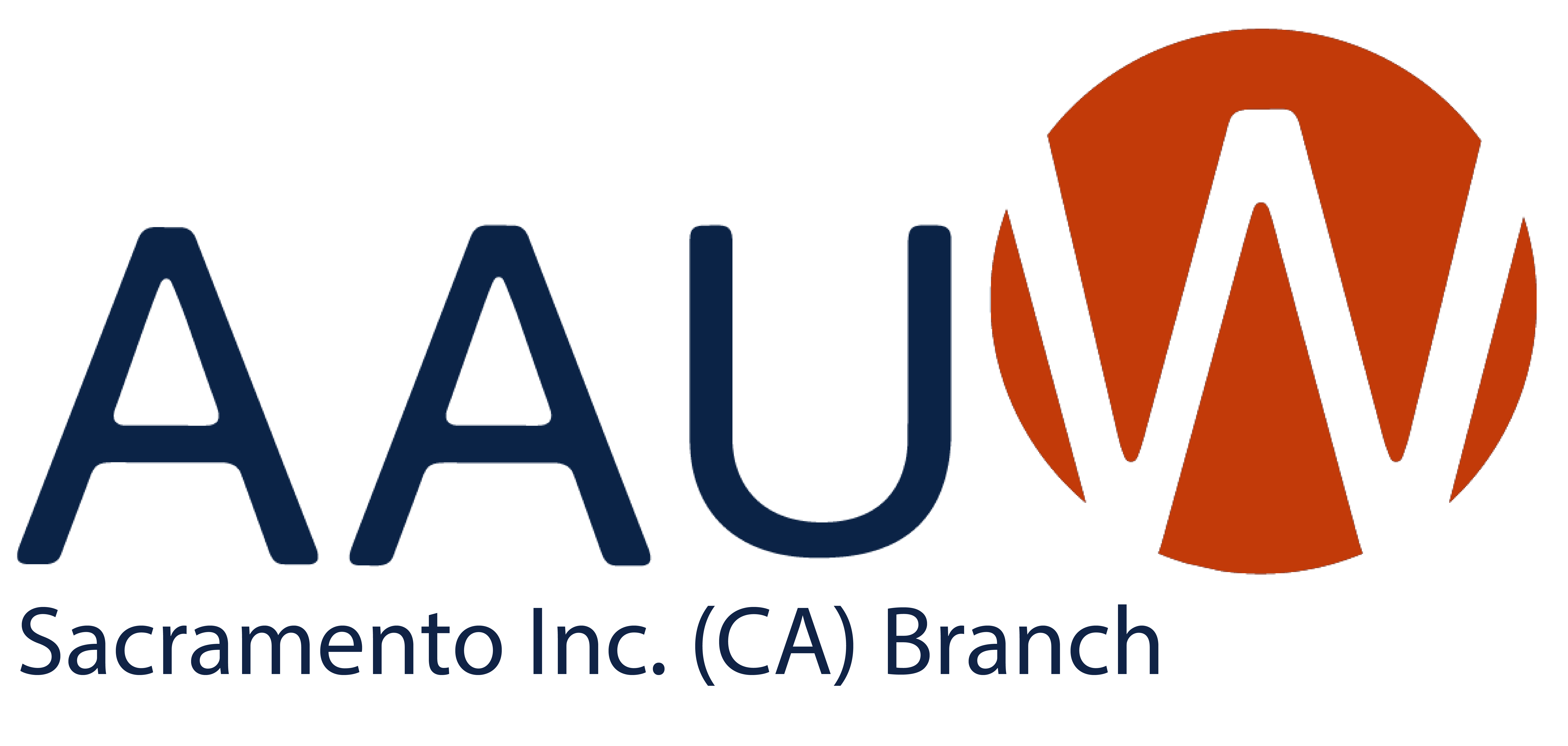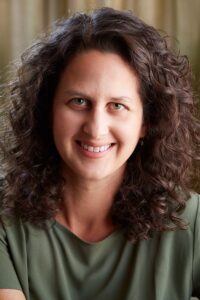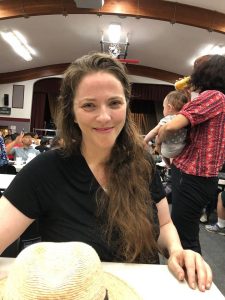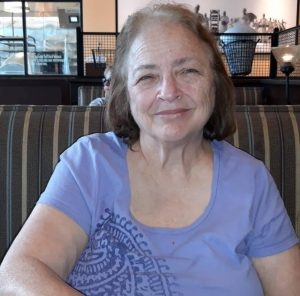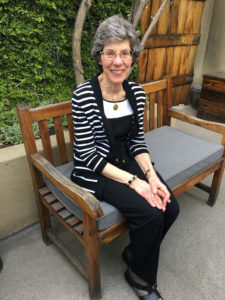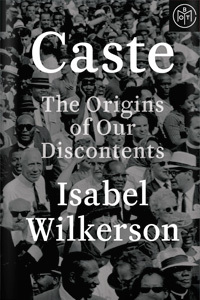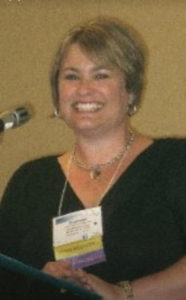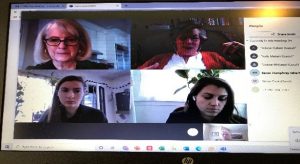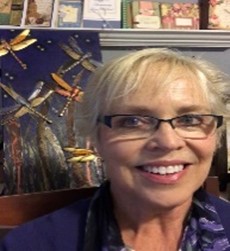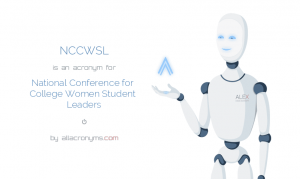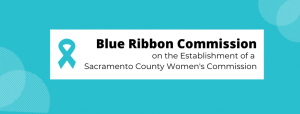The COVID-19 Recession Further Undercuts California Women’s Opportunities for Economic Security By Kristin Schumacher – Submitted by Kim Rutledge
Note: Kristin Schumacher presented at our November program. To read the report online with relevant charts, click here.
 The COVID-19 pandemic has exposed many Californians and Americans to unprecedented economic instability, but many women in California were already struggling to pay the bills prior to the onset of the economic crisis. According to the California Women’s Well-Being Index, in a five-year period leading up to the COVID-19 pandemic, many women across the state were experiencing economic hardship — and this was happening during the longest period of economic growth on record. California women faced a significant wage gap, and women were more likely than men to earn low wages and to live in poverty. Pre-pandemic hardship and lack of economic security was particularly acute for American Indian, Black, Latinx, and Pacific Islander women in California.
The COVID-19 pandemic has exposed many Californians and Americans to unprecedented economic instability, but many women in California were already struggling to pay the bills prior to the onset of the economic crisis. According to the California Women’s Well-Being Index, in a five-year period leading up to the COVID-19 pandemic, many women across the state were experiencing economic hardship — and this was happening during the longest period of economic growth on record. California women faced a significant wage gap, and women were more likely than men to earn low wages and to live in poverty. Pre-pandemic hardship and lack of economic security was particularly acute for American Indian, Black, Latinx, and Pacific Islander women in California.
Policy barriers and discrimination have blocked women from economic opportunities, including the ability to save money or build assets, and many women in California are not in the position to weather a financial crisis. Even so, the COVID-19 recession was the first recession in which more women than men lost jobs, and Black and Latinx women and women who are immigrants lost their jobs at especially high rates in the early months of the pandemic. Now, nearly one year into the COVID-19 recession, many women in California face harsh realities as they scramble to pay for everyday expenses after losing jobs and household income.
Over half of women in California were living in households this past fall that lost employment income after mid-March 2020, reflecting the depth of job loss in California. Latinx and Black women have been far more likely to feel the economic effects of the recession. More than 6 in 10 Latinx and Black women were living in households that lost earnings during the pandemic. As of December 2020, the state still had 1.5 million fewer jobs than in February, the month before the COVID-19 recession began.
Lost jobs and earnings have stretched California household budgets. This past fall, more than 1 in 3 women in California lived in households that found it somewhat or very difficult to pay for usual expenses, such as rent, utilities, food, and child care. Black, Latinx, and most other women of color have found it especially difficult to get by with more than 4 in 10 living in households that were struggling to pay the bills this past fall. Data also show that Latinx, Black, and most other women of color were also far more likely to live in households that were behind on their rent or mortgage payment and in households struggling to afford enough food.
Individuals across the state and nation are dealing with a caregiving crisis, isolation, economic hardship, illness, and the loss of loved ones. The COVID-19 pandemic has had a toll beyond the risk of contracting the virus. In the US, the share of individuals experiencing symptoms of anxiety and/or depression has more than tripled during the pandemic. In California this past fall, nearly half of women were coping with these mental health conditions. For women experiencing multiple economic hardships — such as the loss of household income or the inability to pay for food or housing — three-quarters reported symptoms of anxiety and/or depression.
California Policymakers Must Center Women in an Equitable Economic Recovery
Many women were locked out of the state’s prosperity well before the pandemic and have been hit especially hard by the COVID-19 pandemic and recession. A brighter future begins with an equitable economic recovery that centers women — particularly women of color — in pandemic relief and recovery efforts. To start, California leaders should:
- Boost women’s economic security, especially women who are immigrants who have been blocked from federal COVID relief efforts, so women and their families can meet their basic needs.
- Ensure that women have access to health care services — including mental health care — during and after the pandemic via in-person or telehealth services.
- Help workers balance career and caregiving responsibilities — particularly women with low incomes who are far less likely to have employer-provided benefits.
It is time for state leaders to invest in women, their families, and communities. When women thrive, their families and communities, and our state prosper.
The Future for Roe v Wade and Choice by Claire Noonan, California Public Policy committee
The following article was submitted by Arlene Cullum, AAUW Sacramento Branch Public Policy:
The times they are changing – a new president and vice president who support pro-choice, but a sixth very conservative justice is added to the Supreme Court.
Abortion rights activists stress state-by-state vigilance to be aware of how reproductive choice is now used as a political tool, says Ilyse Hogue, recently retired president of NARAL. New anti-choice bills are mainly introduced by the white male religious minority, except in Montana with six abortion-limiting bills introduced this year by conservative female legislators and one male.
For instance, extreme 2021 legislation in Tennessee will allow fathers to veto an abortion. A Texas bill will require a fetus to have a lawyer. Arizona’s new bills propose to criminalize a woman who gets an abortion and the doctor who performs it.
During a pandemic, telemedicine is valuable to prescribe pills for medication abortions. In July 2020 the federal courts temporarily suspended the doctor’s visit rule for the first pill, mifepristone, but in January 2021 SCOTUS reinstated the rule. Patients again must visit a doctor for the first pill and get a prescription to obtain the second, misoprostol.
These restrictions have a particularly significant impact on low-income communities, which often include women of color, which are stressed economically by the year-long-and-counting pandemic. Clinics, especially in the South, like West Alabama Women’s Center, are constantly searching for money sources to provide reproductive services as well as current needs for newborn assistance. The center focuses on providing financial assistance to the underserved, even when services are “temporarily” deemed “non-essential”. Despite efforts to provide full-spectrum reproductive healthcare access, dwindling numbers of clinics from the Sun Belt across the Deep South curb the availability of services. In the Navajo Nation, Covid infection is so high that patients need a doctor’s note to leave the tribal area for a clinic appointment.
Consequently, vigilance means watching the power of the courts, encouraging reversal of the Hyde Amendment and backing codification of the Roe v Wade decision. As you know, each woman in California can choose, but support for organizations that oversee the reproductive health rights of women in America are worth the effort.

